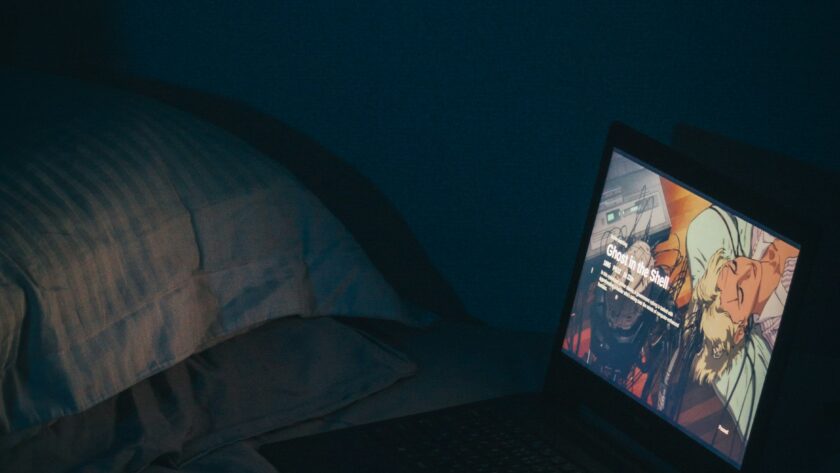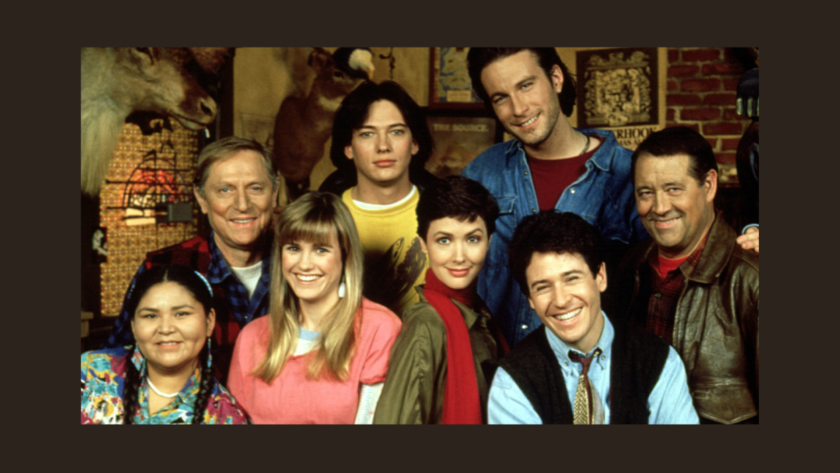Without EastEnders, Casualty and Holby, there would be no Life On Mars, no Hustle, no Eric and Ernie, no King’s Speech – at least not as we know them. There would be no early breaks for Kate Winslet, Aaron Johnson or Orlando Bloom.
The simple fact is that around 30 percent of the drama industry – writers, directors, producers, designers and commissioners – have learned their craft on soaps. Whether you’re the Head of Drama at ITV, a former head of BBC Fiction or an Oscar nominated writer or director for best short film, the one thing you have in common is that you served your apprenticeship on the most demanding form of drama work: continuing drama.
Continuing Drama employs a lot of people; indeed without the form there simply wouldn’t be either enough jobs in the UK drama industry to sustain it; nor enough trained people to man it. These shows are the Amazon rainforest of drama; without them, the ecosystem would simply collapse – as Michael Pennington acknowledges in his new book Let Me Play the Lion Too: How to be an Actor, which opens with a guide to the world of soaps and their importance to the careers of novice and distinguished actors alike.
But it’s not just within the industry that the importance of continuing drama lies. Though little acknowledged, these shows simply are, over time, some of the most popular and most loved programmes on television. It is the nature of us all, perhaps, to create class systems, with serious and weighty (art-house) at the top and popular (airport novel) at the bottom. And of course there is some truth that a lovingly nurtured four-part drama on a minority channel might provoke debate and feeling that an hour of Holby at its worst might not. But it is equally true that some of those views are forged by social snobbery; by a desire to be elite and above the common fray.
[Continuing Drama is] the Amazon rainforest of drama; without them, the ecosystem would simply collapse.
– John Yorke
Difficult, challenging and genre-busting work is vital to the health of our industry and only a fool would argue against it, but it’s important to understand that that’s not how the vast majority of people in this country experience – or want to experience – drama.
Melodramatic or simplistic as soaps can occasionally be, they can be equally brave and as profoundly moving in discussing the way we live now. If you’ve ever questioned the power and efficacy of popular drama then I invite you to read the response from both medical professionals and viewers to issues covered in soaps – from mental health disorders, to social issues. It has a much deeper economic and social function as well as entertaining.
From their pioneering use of new technology to their writers, directors and producer-training programmes, continuing drama shows are major economic drivers. Shows like EastEnders and Doctors in the UK pioneered internet and red button spin-offs built entirely by first-time writers, just as Red Rock is now blazing a trail for shooting drama in a brand new and exciting way.
But that’s not the main function of continuing drama – its main function is to provide high quality drama for a massive audience, many of whom are the under-represented, the marginalised and the disempowered; all of whom pay a licence fee, and all of whom deserve the right to indulge themselves in stories they really love.
Anyone doubting that love and passion should follow a live Twitter feed of Holby to see just how extraordinarily important to people these programmes are. It’s genuinely humbling to see just how much these shows mean to a complete cross-section of society.
The battle of British television is won on the playing fields of continuing drama series. Felicity Jones, Orlando Bloom, Kate Winslet, Brenda Fricker, Tom Hooper, Tony Jordan, Ashley Pharoah, Peter Bowker, Bryan Elsley, Jane Tranter, Steve November as well as directors of Entourage, Lost, Heroes, CSI and hundreds more all owe something of their success to these shows that nurtured their talent.
Around the world, continuing drama sustains an industry and brings joy and entertainment to millions of viewers as well as training the next generation of writers, directors and actors many of whom will become the backbone of the drama industry both here and across the globe.



